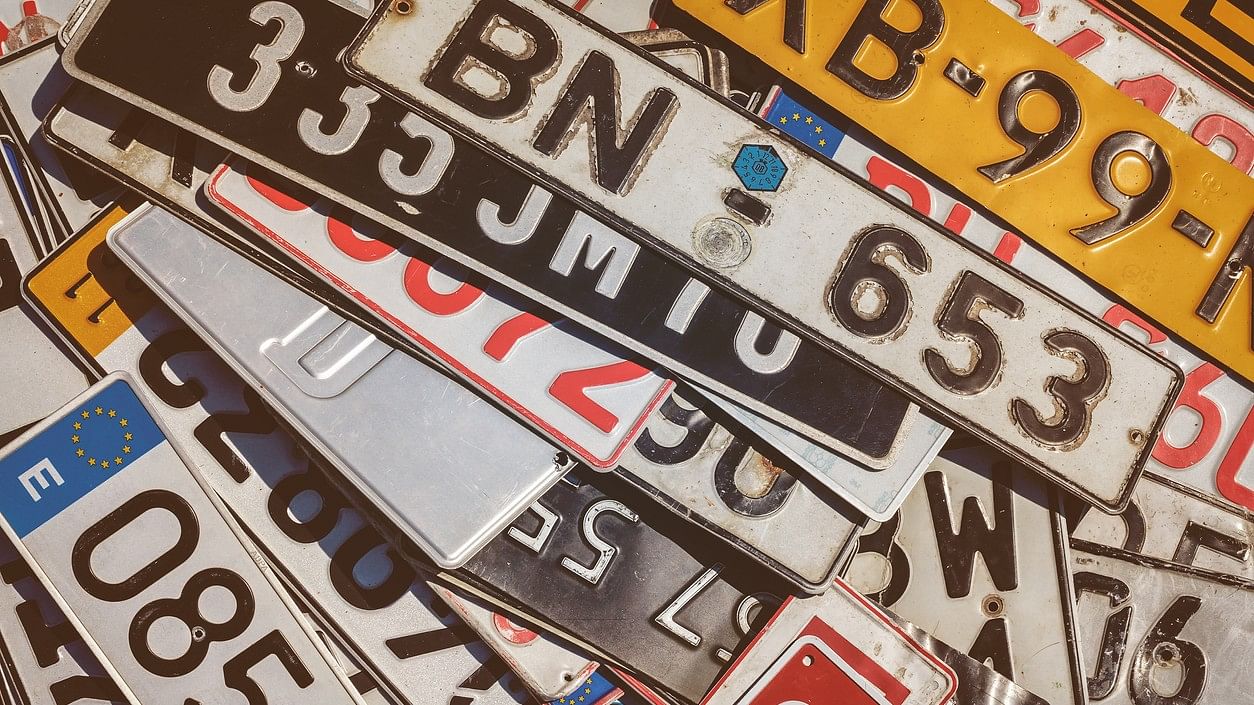
Representative image of vehicle number plates
Credit: iStock Photo
The Ministry of Road Transport and Highways issued a notification in December 2018 making it mandatory for all vehicle manufacturers to affix high-security registration plates (HSRP) on all new vehicles sold from April 1, 2019. However, no deadline was fixed in the order for vehicles manufactured prior to April 2019 to migrate to HSRP, and the decision was left to state governments. In August 2023, the Karnataka government issued a notification making it mandatory for old vehicles to sport HSRP before November 17. Opposing the notification, the HSRP Manufacturers Association had alleged that the government was favouring only four vendors as opposed to 20 recognised by the Centre. After hearing a petition by the association, a single bench of the High Court had directed the state government to formulate a new scheme within 15 days. The association contended that the government’s decision to permit only HSRP dealers who had already tied up with automakers would deny an opportunity to other vendors in the market, and that, in turn, would hit the livelihoods of over 25,000 people in the state who have traditionally been engaged in the business of affixing number plates. The single bench order was subsequently set aside by a division bench which directed the state government to sort out the issue by calling a meeting of all stakeholders. The government has now postponed the deadline for fixing the new plates by three months.
As opposed to the existing number plates, HSRPs have a number of security features which act as a deterrent to theft as well as misuse of use of vehicles for illegal activities. The plate, made of aluminium, has several identifiable features and is fixed onto a vehicle with non-reusable snap-on locks. The HSRP is issued only after a vehicle is digitally registered. The HSRP has a blue-coloured chromium-based hologram of the Ashoka Chakra and a 10-digit permanent identification number (PIN), which is unique to that particular vehicle. This makes it impossible to use the same number on more than one vehicle.
With the issue hanging fire for long, fewer than four lakh of the over two crore vehicles in the state have been fitted with HSRP. The government, which has already once postponed the meeting of stakeholders as directed by the court, should ensure that there is no further delay. Needless to say, the policy should be fair to all stakeholders. HSRPs are not only in the interest of vehicle owners, but will also help the government prevent misuse of vehicles for unlawful purposes and detect crimes as well as curb evasion of taxes by commercial players.